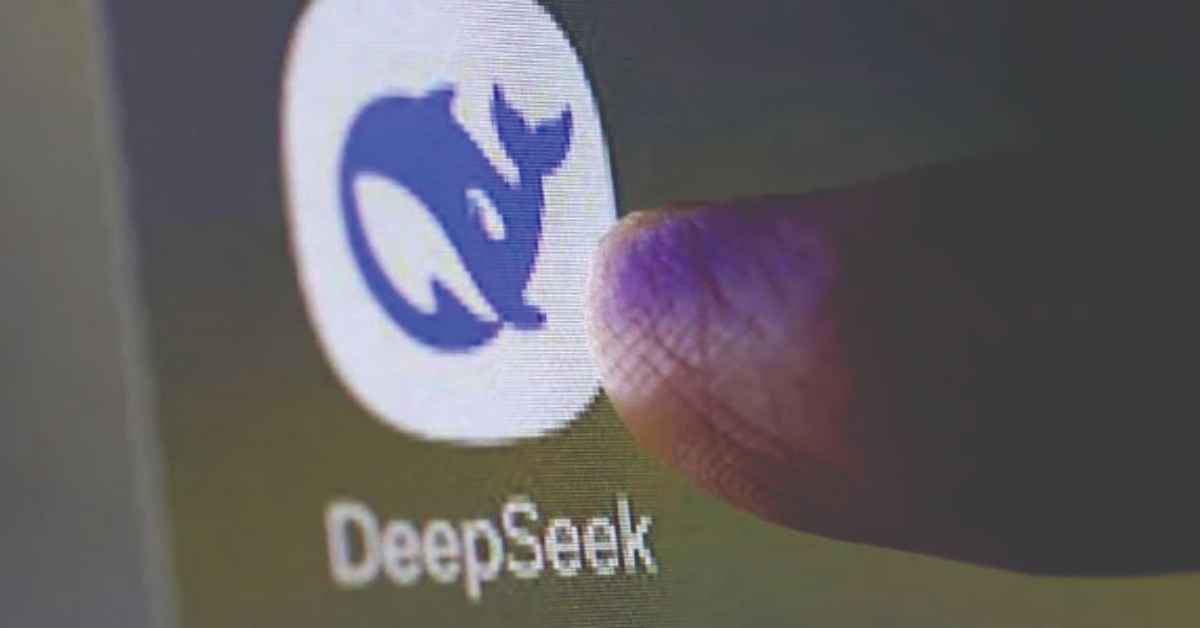The DeepSeek Ban: What’s Happening?
DeepSeek claims it operates using Nvidia's H800 chips, which remained available to China until 2023 under US export rules.

China insists it “will never require enterprises or individuals to illegally collect or store data,” following a wave of bans on its AI chatbot, DeepSeek. The chatbot’s R1 program, which reportedly runs on cost-effective Nvidia semiconductors, disrupted the tech industry and rattled US markets upon launch.
Governments worldwide, from Washington to Seoul, are now blocking DeepSeek from official devices, citing risks of sensitive data leaks through generative AI.
Who Has Banned DeepSeek?
Italy was the first to act, launching an investigation and restricting the app from handling Italian users’ data. This follows its previous temporary ban on ChatGPT in 2023.
Taiwan soon followed, barring public sector employees and key infrastructure workers from using DeepSeek, citing national security risks. Australia then imposed similar restrictions.
South Korea’s defense and unification ministries, along with its national police, banned the app from government systems, citing security threats.
In the US, lawmakers introduced the “No DeepSeek on Government Devices Act.” Congressman Darin LaHood warned that DeepSeek, linked to the Chinese Communist Party, posed a serious national security threat.
What Are the Concerns?
DeepSeek’s terms and conditions include a clause on providing personal data to third parties, resembling OpenAI’s ChatGPT policies.
However, experts highlight a key difference: while US companies generally resist government data requests, Chinese firms are legally required to comply.
“This difference in handling user privacy is crucial in shaping trust levels,” said Youm Heung-youl, a data security expert at Soonchunhyang University.
DeepSeek also collects data on “keystroke patterns or rhythms,” raising further concerns about potential surveillance.
China maintains that these bans are politically motivated rather than based on genuine security threats. “The politicization of economic, trade, and technological issues is evident,” said Foreign Ministry spokesman Guo Jiakun.
Is the Ban Justified?
Analysts suggest a mix of real concerns and geopolitical alignment. “South Korea’s restrictions reflect both genuine security fears and pressure to align with US cybersecurity policies,” said Vladimir Tikhonov, a Korea studies professor at the University of Oslo.
However, Tikhonov also pointed out that no major tech company is truly neutral. “Google stores search history, and it would be naive to think such data isn’t shared with government agencies when requested. However, China’s cooperation with authorities is likely more extensive.”
Taiwanese AI expert Isabel Hou noted that DeepSeek “aligns with core socialist values” and applies China’s censorship rules globally.
Sensitive topics like Tiananmen Square and Taiwanese independence remain restricted even outside China.
Is This a Surprise?
Experts say DeepSeek’s rapid development was years in the making. “This is not an overnight success,” said Park Seung-chan, a Chinese studies professor at Yongin University.
China has invested heavily in AI research, ranking second globally in R&D spending behind the US.
According to the Korea Chamber of Commerce, China’s R&D investments have surged more than 11-fold in the past decade.
“The launch of R1 was a calculated move that likely began before the Trump administration,” said Park. “We should expect further advancements in DeepSeek.”
What’s Next?
DeepSeek claims it operates using Nvidia’s H800 chips, which remained available to China until 2023 under US export rules.
The chatbot’s success suggests cutting-edge AI can be achieved without the latest semiconductors, disrupting global tech dynamics.
“If DeepSeek truly runs on H800, it proves that software innovation can compensate for hardware restrictions,” said Park Ki-soon, a Chinese economics professor at Sungkyunkwan University. “Nations like South Korea need to increase investment in AI software to stay competitive.”
With the AI race intensifying, governments and companies worldwide are reassessing their strategies to balance security with innovation.
